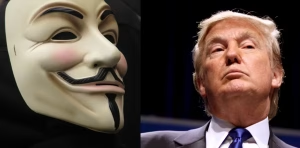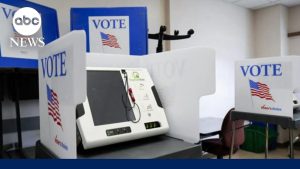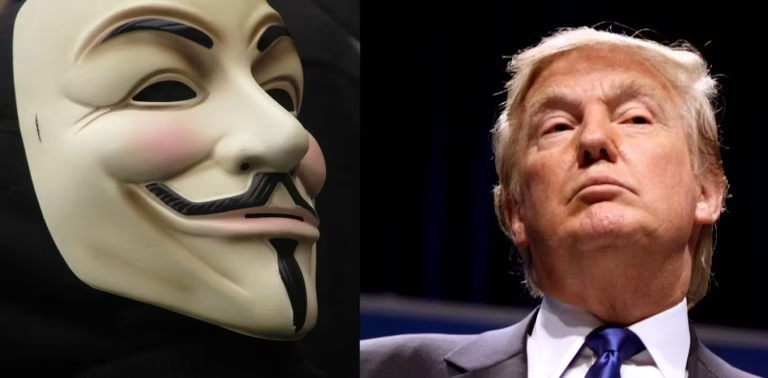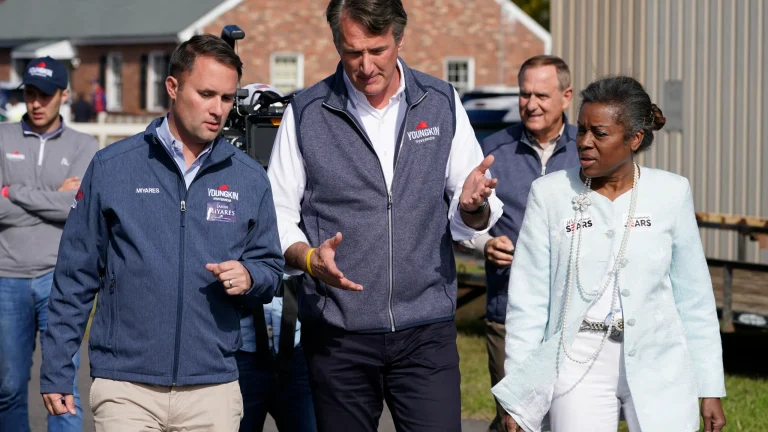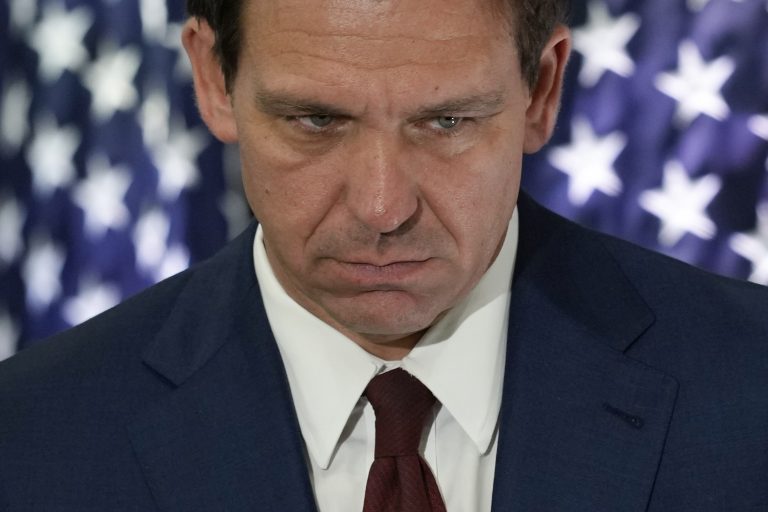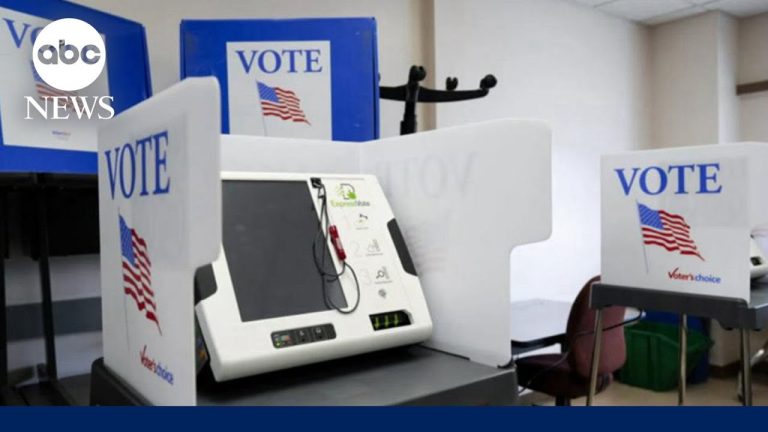-By Nicole Flatow and Ian Millhiser
February 27, 2013- There were audible gasps in the Supreme Court’s lawyers’ lounge, where audio of the oral argument is pumped in for members of the Supreme Court bar, when Justice Antonin Scalia offered his assessment of a key provision of the Voting Rights Act. He called it a “perpetuation of racial entitlement.”
The comment came as part of a larger riff on a comment Scalia made the last time the landmark voting law was before the justices. Noting the fact that the Voting Rights Act reauthorization passed 98-0 when it was before the Senate in 2006, Scalia claimed four years ago that this unopposed vote actually undermines the law: “The Israeli supreme court, the Sanhedrin, used to have a rule that if the death penalty was pronounced unanimously, it was invalid, because there must be something wrong there.”
That was an unusual comment when it was made, but Scalia’s expansion on it today raises concerns that his suspicion of the Act is rooted much more in racial resentment than in a general distrust of unanimous votes. Scalia noted when the Voting Rights Act was first enacted in 1965, it passed over 19 dissenters. In subsequent reauthorizations, the number of dissenters diminished, until it passed the Senate without dissent seven years ago. Scalia’s comments suggested that this occurred, not because of a growing national consensus that racial disenfranchisement is unacceptable, but because lawmakers are too afraid to be tarred as racists. His inflammatory claim that the Voting Rights Act is a “perpetuation of racial entitlement” came close to the end of a long statement on why he found a landmark law preventing race discrimination in voting to be suspicious.

